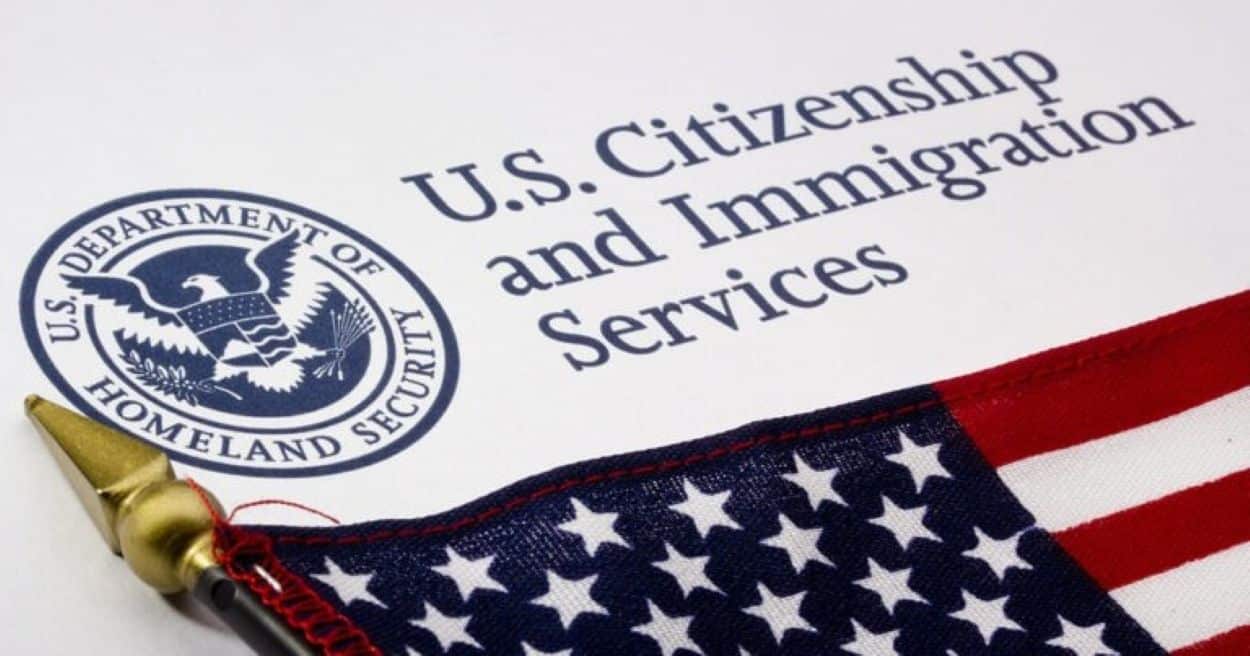The Trump administration proposed new regulations to tighten visa durations for international students, cultural exchange visitors, and media professionals as part of a broader crackdown on legal immigration. The regulations introduce fixed time limits for F, J, and I visas, requiring holders to apply for extensions within these time limits. The proposal aims to enhance oversight but has sparked concerns among educators and advocates.
The proposed regulation, announced on August 27, 2025, sets fixed duration limits:
- F Visas (International Students): Capped at four years, affecting approximately 1.6 million students in the US in 2024.
- J Visas (Cultural Exchange Visitors): Limited to four years, impacting 355,000 exchange visitors, such as au pairs and academics, in fiscal year 2024.
- I Visas (Media Professionals): Restricted to 240 days, or 90 days for Chinese nationals, affecting 13,000 media visa holders in 2024.
Currently, these visas are valid for the duration of the program or employment. However, the new rules require visa holders to apply for extensions, creating additional bureaucratic hurdles.
U.S to tighten visa rules
– Rules for students & journalists
– New rule to fix visa duration
– Student exchange visas capped at 4 years.
Trump is basically cutting the roots of American ethos, which are liberal…: Former diplomat Suresh Goyal speaks to @HeenaGambhir pic.twitter.com/AUD23o44Jn
— TIMES NOW (@TimesNow) August 28, 2025The Trump administration, led by President Donald Trump since January 2025, justifies the changes as necessary to “monitor and oversee” visa holders more effectively. This aligns with a broader immigration crackdown, including the revocation of student visas based on ideological views and the resumption of neighbourhood checks for citizenship applicants to assess “residency, moral character, and commitment to American ideals,” as outlined in an August 22, 2025, memo by the US Citizenship and Immigration Services.
In 2024, the US hosted 1.6 million F visa students, 355,000 J visa exchange visitors, and 13,000 I visa media professionals. The proposed caps could disrupt academic programs, cultural exchanges, and media operations, particularly for those requiring longer stays.
Historical Precedent and Opposition
This proposal mirrors a 2020 attempt by the Trump administration, which was withdrawn by the Biden administration in 2021 after significant pushback. NAFSA, representing over 4,300 educational institutions, opposed the 2020 plan, arguing it creates “needless disruption” for students and campuses. Critics, including Miriam Feldblum of the Presidents’ Alliance on Higher Education and Immigration, warn that the 2025 rules could deter international talent, potentially impacting the enrollment and revenue of US universities.
Read: US Visa Applications Hit Record Highs in Islamabad and Karachi
The public has 30 days to comment on the proposal, with feedback likely to influence its final form.
The visa restrictions could compel students to reapply during their programs, potentially leading to delays and gaps in their status. They could also limit cultural exchange programs, which would affect workers such as au pairs and medical professionals. Furthermore, the restrictions may impact foreign journalists, particularly in terms of press freedom, as they would face shorter visa durations, especially for Chinese nationals. As noted by Illume Student Advisory Services, these changes may drive international students to pursue opportunities in countries like the UK.






